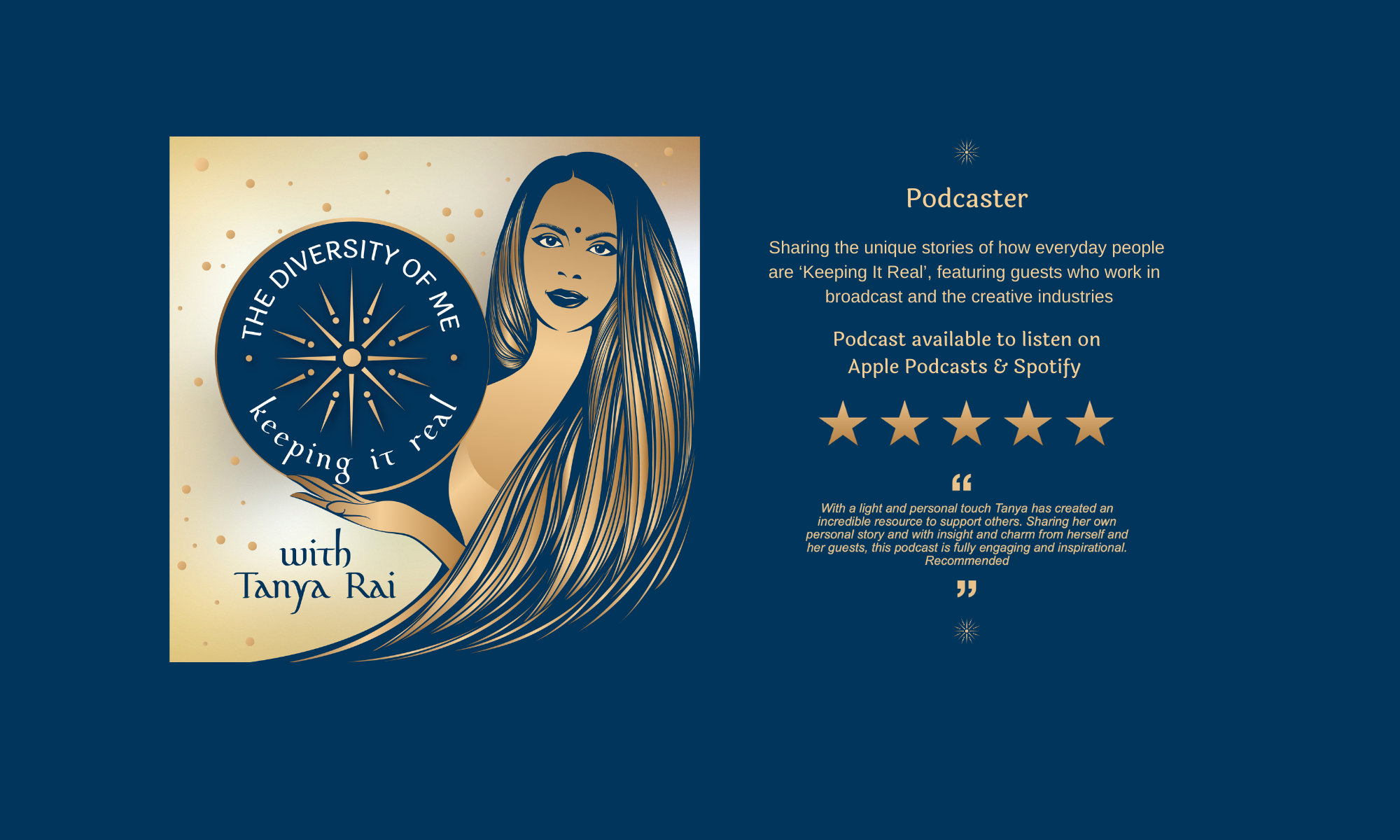Last week the BBC hosted an event called ‘Reframing Disability’ in celebration of the 25th anniversary of the UK’s Disability Discrimination Act. It seems as though there has been a real step change at the BBC since the appointment of June Sarpong as Director of Creative Diversity, in terms of it’s commitment to becoming more diverse, equal and inclusive. Like with many of the broadcasters there’s still a long way to go, but their recent activity has been really encouraging to see.
One of the Spotlight Sessions – CripTales: Mat Fraser in conversation with Alex Brooker was a brilliant watch. Mat was such a fantastic speaker and his energy shone through online – as it would do since he is an actor. CripTales is a BBC Four series where a life-changing moment is captured in six powerful, dramatic monologues. All of these are written, directed and performed by disabled people and curated by Mat Fraser.
Talking of his experience curating this series, Mat referred to working exclusively with disabled people as being, “very rare, weird, momentous and joyous.” He went on to say: “I had to pinch myself sometimes because it was a career dream of mine.” It was heart-warming to hear this. However, Mat quite rightly pointed out that back in 2009 he was part of an all disabled cast in Channel 4’s Cast Offs and that it had taken 11 years for something like this to happen again. He went on to say that the transmission slot for Cast Offs wasn’t great as it was broadcast around the same period as popular comedy drama Skins and at different timeslots each week – not ideal as viewers prefer regularity when it comes to tuning in to their favourite shows. Mat was at pains to say that he wasn’t criticising the broadcaster’s decision on TX slots.
It was a thought provoking session. They also discussed the roles that disabled actors are given in programmes where the focus is on their disability and that is a shame, with the host Alex stating that “Our disability is just one aspect of us. We do regular stuff as well.”
That theme continued in a panel discussion called Representation Matters. Adam Pearson – a presenter and actor – asked a question that he went on to answer himself: “How do we get disabled people on TV doing incidental non disabled things? You hire disabled people to do incidental non disabled things.” So simple. Adam also made a very good point around the fact that: “There are no disabled people with positions of influence in the media industry at an executive level,” and with that “…there is a cycle of bad representation of disabled people year after year.”
When it comes to disability, another panellist – Katie Piper – said from her perspective it was important to “…allow people to develop their own understanding , empathy and knowledge via podcasts, books etc.,” and encouraged individuals to take responsibility in seeking out information for themselves, rather than being spoon fed. I agree with this, although the reality is that the majority of ‘time poor’ people will only invest their free time into matters that interest or affect them directly.
I think education plays an important part. Schools should invest more in teaching children the importance of diversity, equality and inclusion and about cultural history on a global, as well as a national level. I have heard from parents with children of primary school age that this seems to be happening more recently because of the resurgence of the Black Lives Matter movement.
I hope in years to come we live in a society that embraces each other’s differences where diversity, equality and inclusivity is as natural as breathing air.
The BBC’s Reframing Disability events are available to watch on demand HERE. If you work in the media and entertainment industry (or even if you don’t) these are well worth your time.

